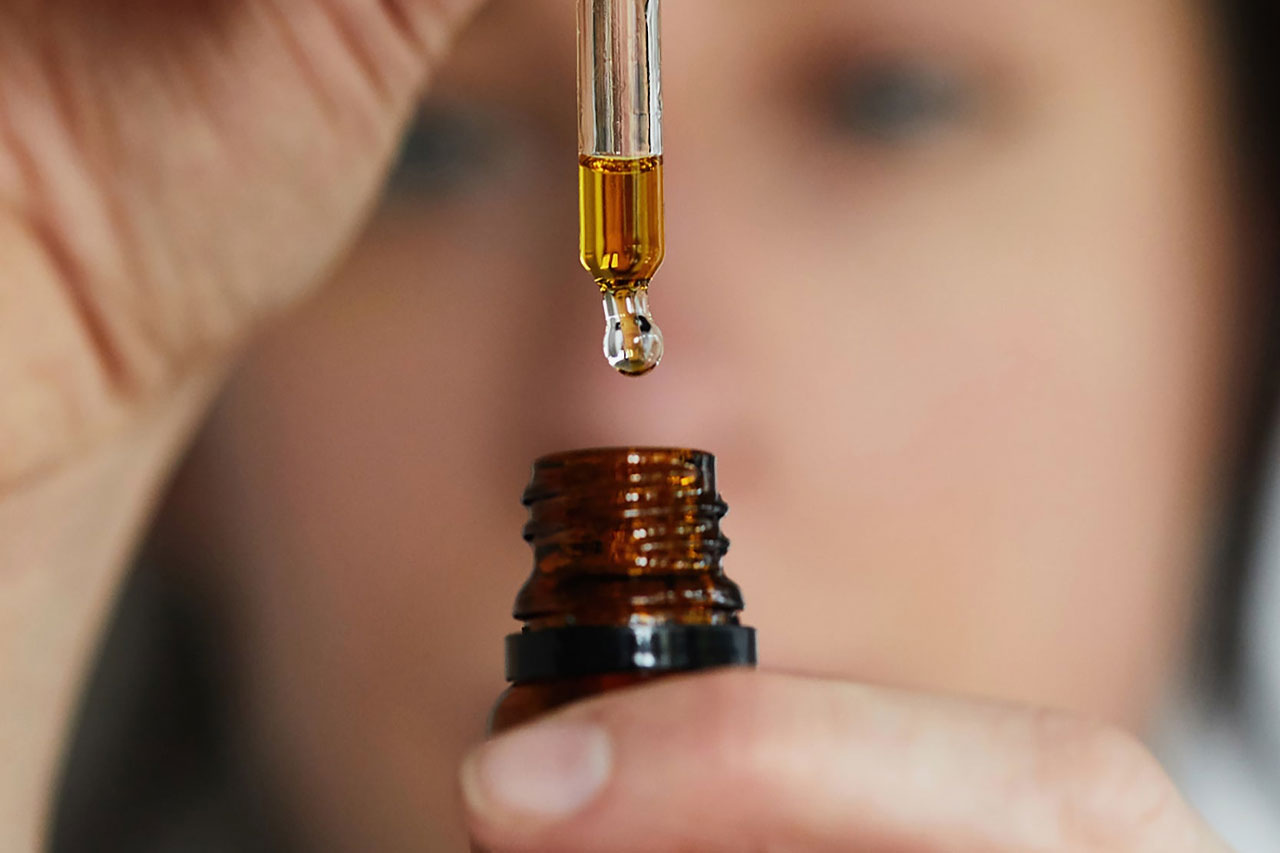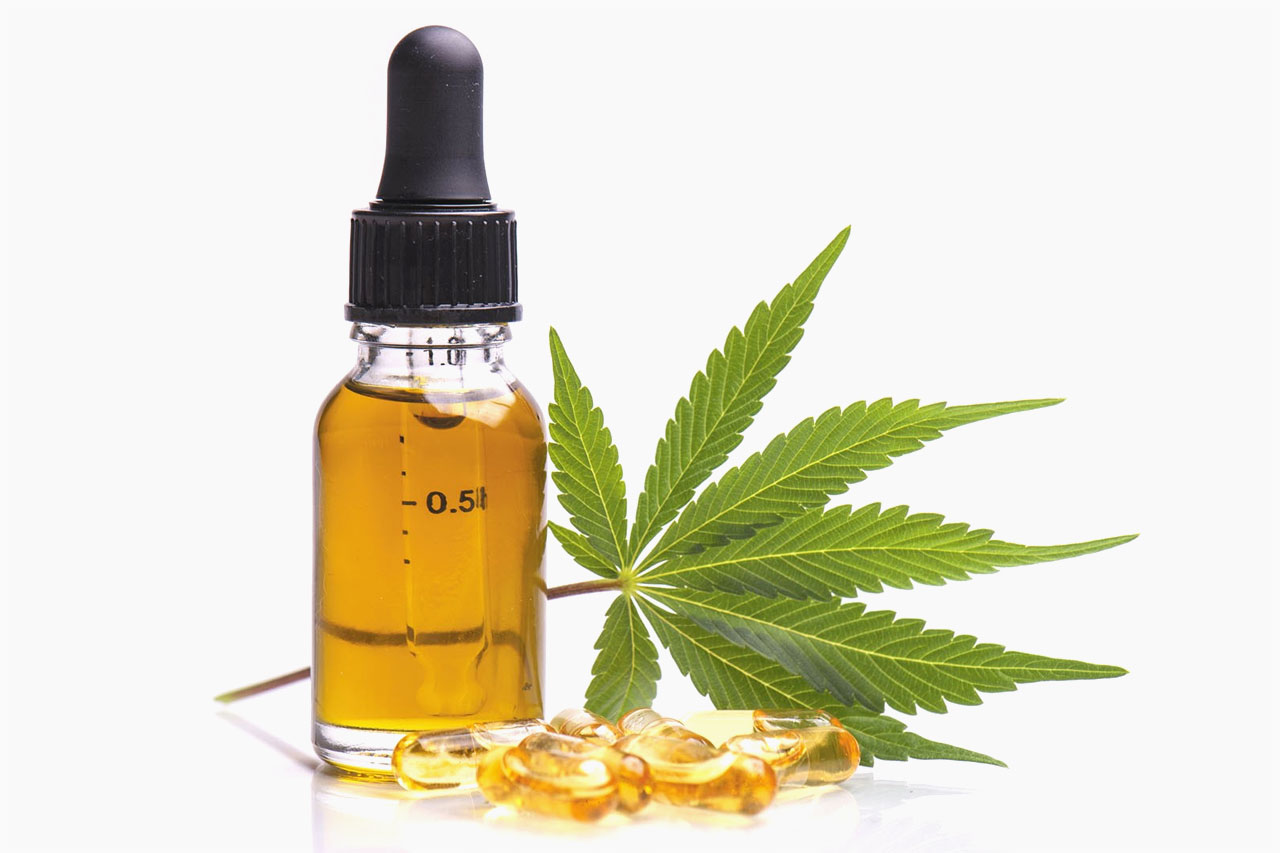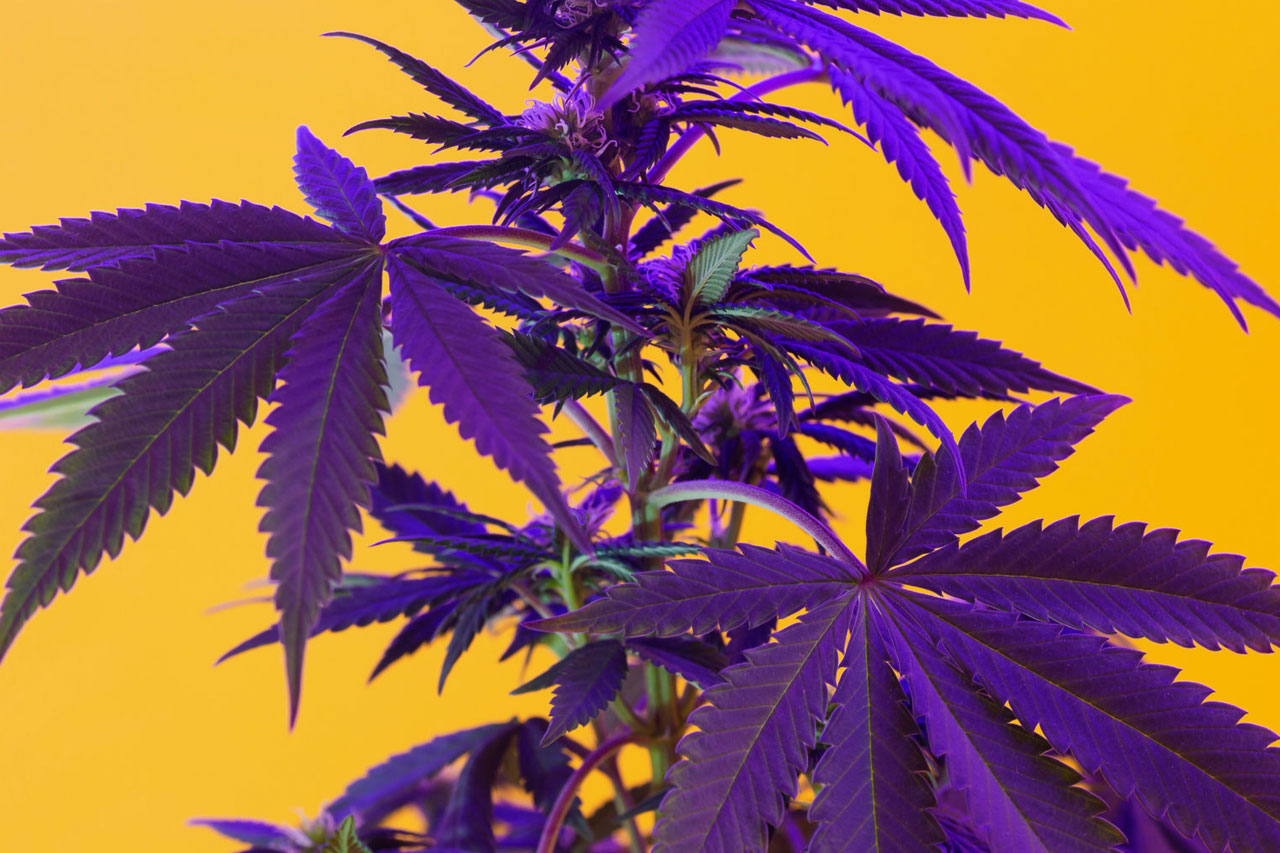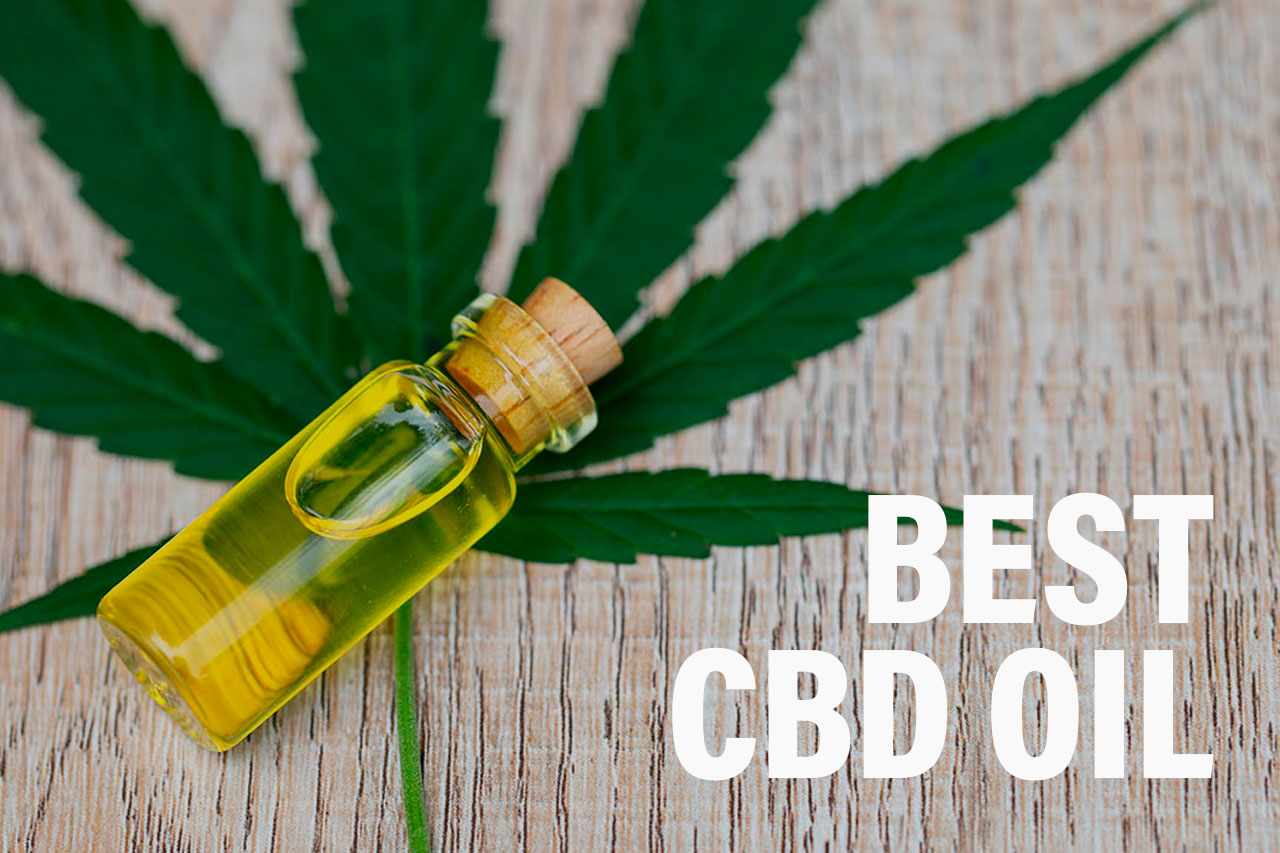Both hemp seed oil and CBD oil come from the cannabis sativa plant. Hemp seed oil comes from the seeds of the hemp plant, a variety of the cannabis sativa plant containing less than 0.3% THC. On the other hand, CBD oils comes from the leaves, flowers, and stalks of hemp and cannabis plants. Both types of oil can be found in a variety of products from foods to beauty.
In this article, we’ll take a look at how hemp seed oil and CBD oil are similar versus how they are different. We’ll explore how they are made, what they are typically used for, and the benefits associated with each of them.
Hemp Seed Oil
Hemp seed oil is sourced from the seeds of the hemp plant. It has a nutty, robust flavor and contains approximately 70 to 90% polyunsaturated fatty acids, or healthy fats. It also is high in omega-3 fatty acids, linoleic acids, and tocopherols.
According to one report from Oklahoma State University, hemp seed oil may contain delta-9 THC (not to be confused with delta-8 THC), depending on how the seeds are processed. However, most of the companies that produce hemp seed oil must stick to certain guidelines, making sure that the products contain no more than 0.3% THC. This amount does not cause psychoactive effects.
How is hemp seed oil made?
Hemp seed oil comes from hemp seeds. The seeds are taken from the plant and cold-pressed, much like the process for making olive oil. Once the oil has been extracted from the seeds, it will be stored in a cool dark place to be processed and shipped.
How is hemp seed oil used?
Hemp seed oil has a variety of uses. It can be used as a dietary supplement or added to foods to enhance flavor. Many people drizzle it over veggies or use it in salad dressings. According to the American Oil Chemists Society, or AOCS, it is high in polyunsaturated omega-3 and omega-6 fatty acids.
In addition, hemp seed oil has a few industrial uses, because of its drying properties. This includes use in paints, varnishes, and other similar materials. It is also used in plastic flooring.
Benefits
Hemp seed oil offer several potential benefits, due to the 3:1 ratio of omega-6 fatty acids to omega-3 fatty acids.
As a general rule, a diet that includes omega-3 and omega-6 fatty acids improves skin health, maintains healthy blood pressure, reduces pain and inflammation, and improves cardiovascular health. There is also some belief that it may reduce some symptoms associated with PMS, such as breast tenderness.
The nutritional profile of hemp seed oil includes the following:
- Antioxidants
- Carotene
- Magnesium
- Calcium
- Omega-3
- Omega-6
- Omega-9
- Iron
- Chlorophyll
- Phosphorous
- Sulfur
- Zinc
- Potassium
Risks/Side Effects
It’s important to note that hemp seed oil is not without risks and side effects. First of all, the composition of fats in hemp seed oil can cause it to go rancid. It has a low flash point as well, which means it’s not suited for frying and is best consumed fresh and raw.
It’s hard to store hemp seed oil because of the fatty acid makeup. It tends to go rancid, meaning that it degrades when exposed to oxygen. Hemp seed oil should be stored at temps below 300°F and stored in the fridge or freezer after opening.
CBD Oil
CBD is one of the most plentiful components of the cannabis plant. It does not provide the psychoactive sensation that THC does, so you won’t feel intoxicated or high. It can be extracted from the leaves, flowers, and stalks of both hemp and cannabis plants. Due to the fact that cannabis is still illegal in many places, most CBD comes from hemp plants.
It is believed that there are 100+ unique compounds in cannabis plants, known as cannabinoids. CBD is the second most plentiful. A cannabinoid is a chemical that interacts with your body’s central regulatory system, known as the endocannabinoid system. This system is what manages your body’s homeostasis, regulating immune system functions, memory, appetite, sleep, mood, and memory.
These chemicals are known as endocannabinoids and can be consumed in the form of phytocannabinoids or produced naturally in your body. CBD can help your body and brain by interacting with neurotransmitters that have an effect on stress response, inflammation and pain, and mood regulation.

How is CBD oil made?
CBD oil is produced by extracting the chemicals from the plant. Typically, the extraction process involves the use of CO2, creating a nutrient-dense product with a high cannabinoid content.
The extract is added to a carrier oil to create CBD oil. Typically, MCT oil is used, though olive oil, vegetable oil, almond oil, and sunflower oil are also options.
Once the extract has been combined with the oil, potency comes into play. This is the strength of the product based on the amount of CBD present. Of course, this has a lot to do with the potency of the raw material.
Once the desired potency is reached, more ingredients can be added based on the purpose of the oil.
How is CBD oil used?
There are many products on the market that contain CBD oil, from topicals to gummies to tinctures, some even vape it. The topicals address pain and skin conditions, while the tinctures and gummies often address anxiety and/or sleep. There are even pet products, beauty products, and bubbly drinks that are joining the CBD arena.
Benefits
According to the experts, CBD oil has a variety of benefits. Basically, CBD restores your body’s natural balance. It works with the endocannabinoid system by activating two core receptors, which regulate muscle repair, temperature, mood, and cognitive functioning.
Research shows that CBD oil can be used to treat the following conditions- but more research is necessary to confirm some of these uses:
- Acute/chronic pain
- Epileptic seizures
- Anxiety disorders
- Depression
- Oxidative stress
- PTSD
- Plantar Fasciitis
- Weight management
- Psychiatric/neurological conditions/diseases
- Inflammation
- Skin health
- Digestive health
- Cardiovascular conditions
- Stress-related cardiac conditions
- TMJ
- Insomnia
Risks/Side Effects
According to the FDA, there are several potential risks and side effects associated with CBD:
- Potential liver injury
- Changes in alertness when using
- Changes in mood, such as agitation and irritability
- Increased sedation/drowsiness, especially when used with alcohol or drugs
- Gastrointestinal distress
There is more research required into the potential side effects of CBD, especially in relation to long-term impacts of a prolonged period of time, the dosage that triggers risk, and how the various consumption methods impact the effects. In addition, research is required on how CBD affects a developing fetus or breastfed infant and how it can impact a child’s brain.
Conclusion
The cannabis sativa plant features a wide variety of benefits and byproducts, based on the specific plant variety and the part of the plant that is used. If you want to improve your physical health, you may want to consider adding hemp seed oil to your diet. on the other hand, if you struggle with pain, anxiety, or depression, CBD oil may be better for you. Either way, it’s important that you consult with your medical provider to determine which is best to meet your needs.
Also Read: Best CBD Oils Of 2023
References
“7 Things to Know about Omega-3 Fatty Acids.” NCCIH, www.nccih.nih.gov/health/tips/things-to-know-about-omega-fatty-acids.
“A Guide to Cannabis Sativa.” CNBS, www.cnbs.org/cannabis-types/cannabis-sativa/.
Contributors, WebMD Editorial. “Health Benefits of Hemp Seed Oil.” WebMD, www.webmd.com/diet/health-benefits-hemp-seed-oil.
“Delta(9)-Tetrahydrocannabinol – an Overview | ScienceDirect Topics.” Www.sciencedirect.com, www.sciencedirect.com/topics/chemistry/delta-9-tetrahydrocannabinol. Accessed 13 June 2022.
“Linoleic Acid – an Overview | ScienceDirect Topics.” Www.sciencedirect.com, www.sciencedirect.com/topics/agricultural-and-biological-sciences/linoleic-acid.
“Omega-6 Fatty Acids: Uses, Side Effects, Interactions, Dosage, and Warning.” Webmd.com, 2009, www.webmd.com/vitamins/ai/ingredientmono-496/omega-6-fatty-acids.
“Tocopherol: Skin Care Superhero or Unhealthy Additive?” Dr. Axe, draxe.com/nutrition/tocopherol/.
Van, Gavin. “Polyunsaturated Fats: Know the Facts about These Healthy Fats.” Healthline, Healthline Media, 31 Oct. 2018, www.healthline.com/nutrition/polyunsaturated-fat.
WebMD. “Cannabidiol (Cbd): Uses, Side Effects, Interactions, Dosage, and Warning.” Webmd.com, 2019, www.webmd.com/vitamins/ai/ingredientmono-1439/cannabidiol-cbd.




